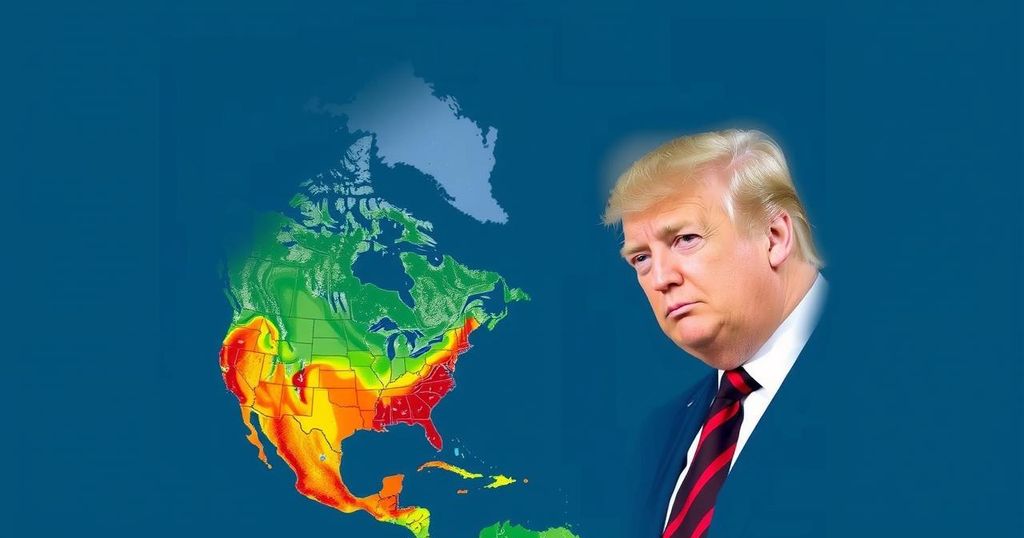The COP29 U.N. Climate Summit is ongoing in Baku, Azerbaijan, where financing for climate change efforts is being discussed amid worries about Donald Trump’s presidency. His potential return poses risks to climate action, with scientists expressing growing pessimism about their efforts. The summit aims to secure funding for developing nations, but political support remains uncertain, especially from wealthier nations like the U.S.
In light of the COP29 U.N. Climate Summit taking place in Baku, Azerbaijan, urgent discussions are centered on the escalating threats posed by climate change. Notably, the scientific community’s push for proactive measures to combat global warming has collided with political realities, particularly in the United States. With Donald Trump poised to resume his presidency, his history of climate inaction raises concerns about the potential stalling of global environmental efforts. Observers fear that scientists may grow increasingly pessimistic about the efficacy of their research, particularly if leadership continues to disregard scientific consensus. As the summit aims to secure necessary funding for developing nations, the pressing question remains: Will wealthier countries commit to essential climate financing despite shifting political landscapes?
The ongoing climate crisis has prompted scientists and environmental advocates to call for urgent action against greenhouse gas emissions, which are leading to severe weather patterns globally. These calls are starkly contrasted by political decisions, notably in the United States, where former President Trump has been recognized for his opposition to climate agreements, including the Paris Agreement. The current pressures of the climate emergency, exemplified by extreme weather events, amplify the urgency of global cooperation and the need for comprehensive funding to enable developing nations to combat climate impacts effectively. Furthermore, the sentiments of the scientific community, experiencing anxiety amid stalled progress, reflect a broader struggle between policy and scientific imperative.
In conclusion, the looming presence of Donald Trump as a potential presidential figure presents a significant threat to the momentum of global climate action. The COP29 summit highlights the critical need for climate financing to assist vulnerable nations, yet the political willingness to support such initiatives is in jeopardy. The growing sense of disillusionment within the scientific community underscores the need for urgent leadership that embraces evidence-based approaches to environmental challenges. Without robust commitment from world leaders, including the United States, the progress made in climate science may be undermined, placing the planet at further risk.
Original Source: www.asahi.com







